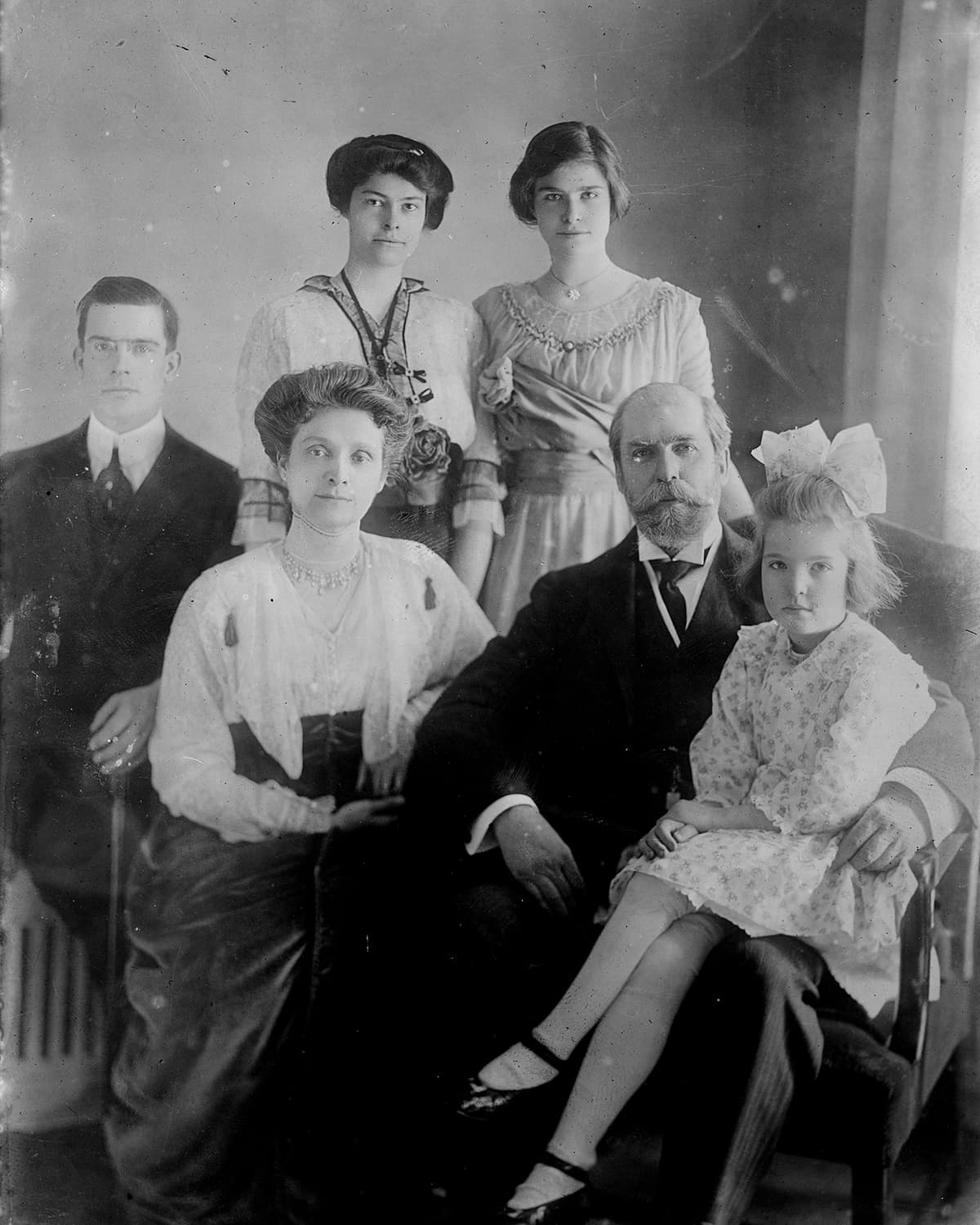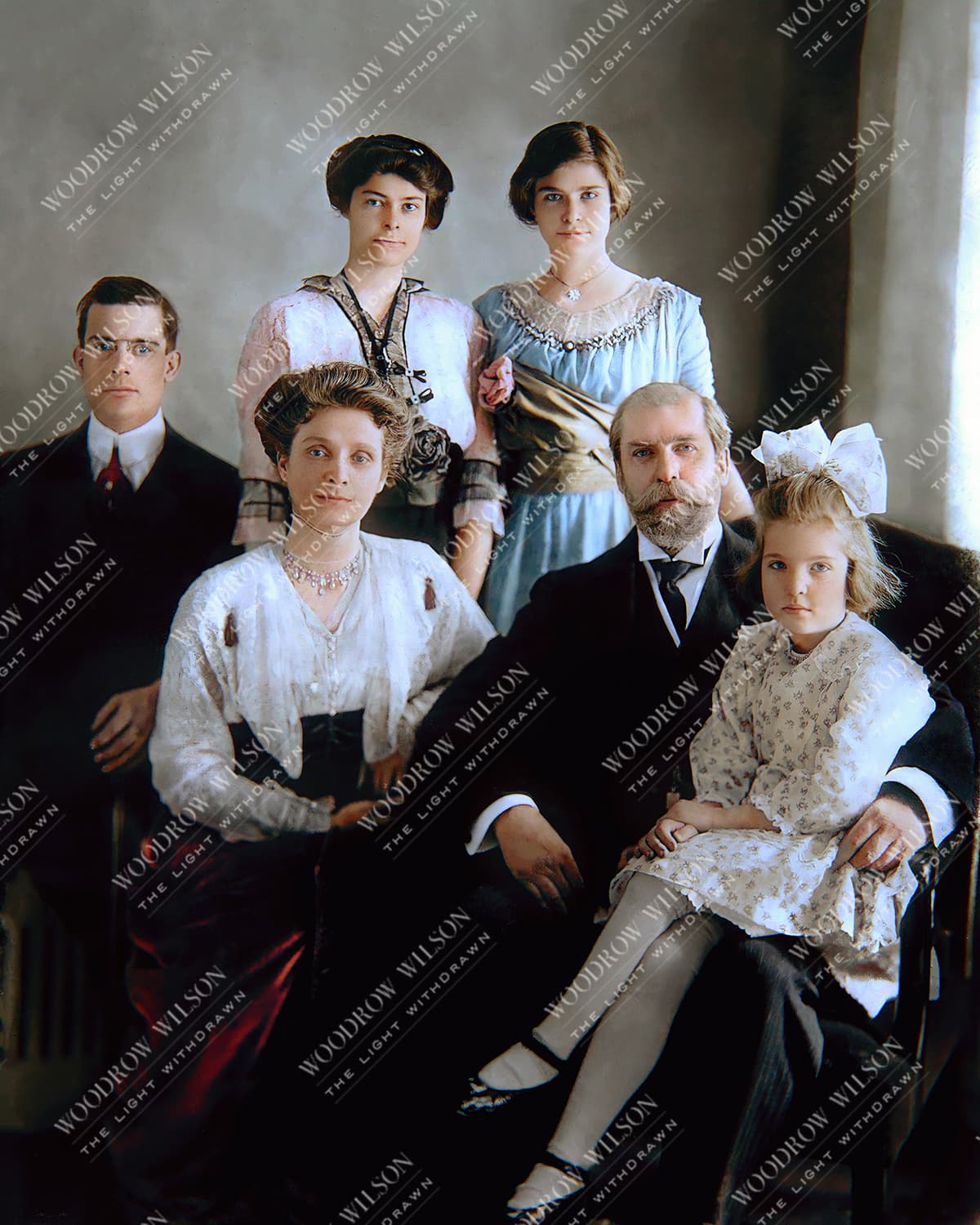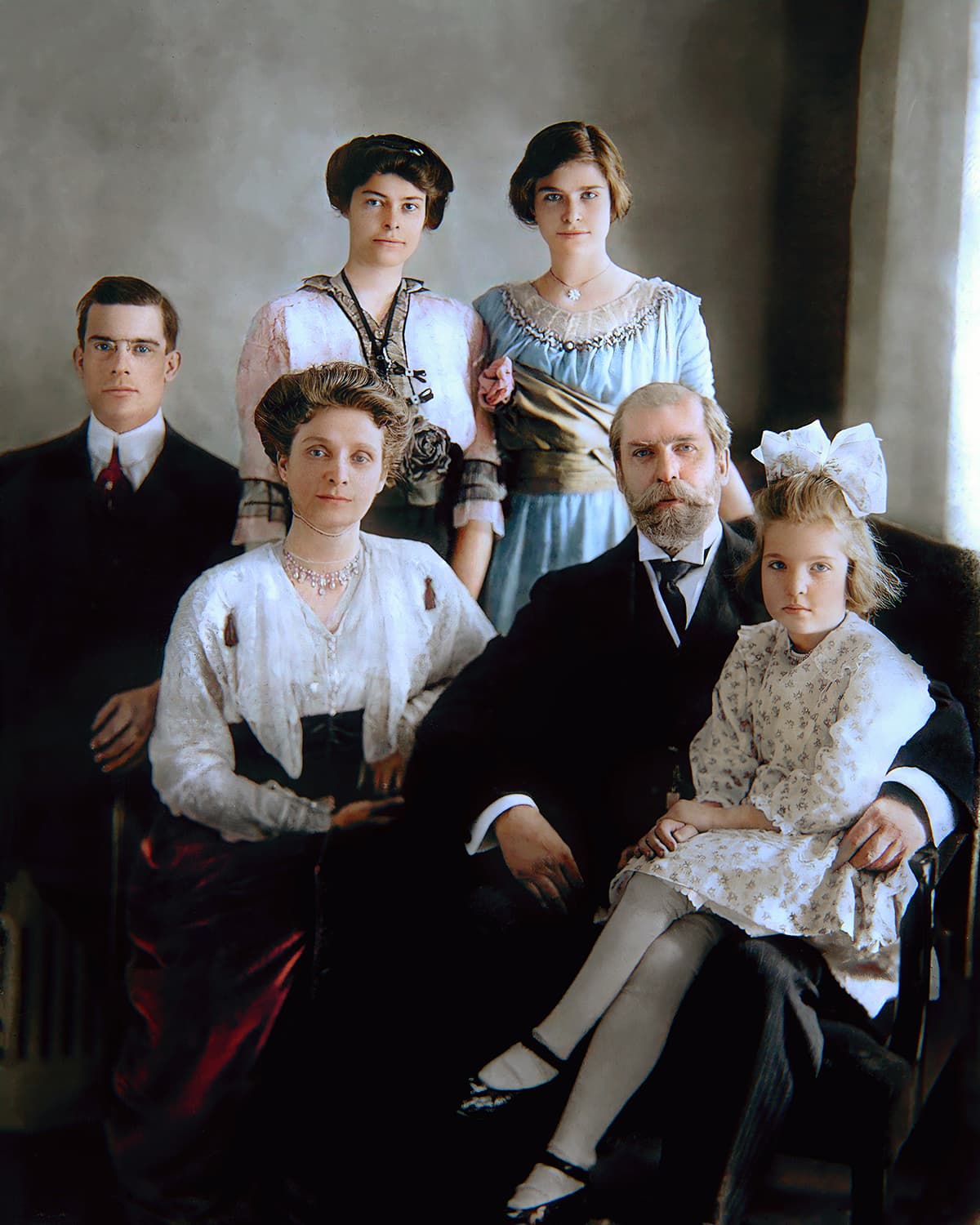Charles Evans Hughes, Wilson’s Republican opponent in the 1916 election, supported the Anthony Amendment and called for its immediate adoption. “Charlie,” as the typically staid former Supreme Court justice and New York governor permitted himself to be called at election time, appealed directly to Black voters. “It is due to him more than any other man that the notorious Grandfather Clause has been repudiated,” noted one journal. His victory would herald “the beginning of the black race’s redemption,” promised another.
Source photograph: Bain News Service, publisher; Library of Congress, Prints and Photographs Division, Bain News Service Photograph Collection.
Date: c. 1915–16
Charles Evans Hughes, Wilson’s Republican opponent in the 1916 election, supported the Anthony Amendment and called for its immediate adoption. “Charlie,” as the typically staid former Supreme Court justice and New York governor permitted himself to be called at election time, appealed directly to Black voters. “It is due to him more than any other man that the notorious Grandfather Clause has been repudiated,” noted one journal. His victory would herald “the beginning of the black race’s redemption,” promised another.
Source photograph: Bain News Service, publisher; Library of Congress, Prints and Photographs Division, Bain News Service Photograph Collection.
Date: c. 1915–16



